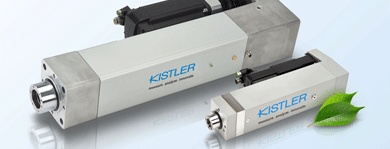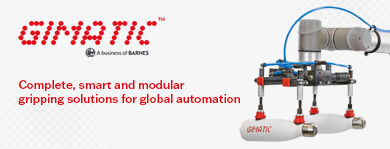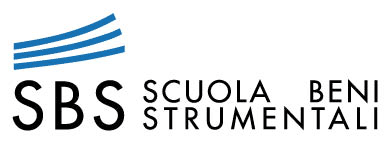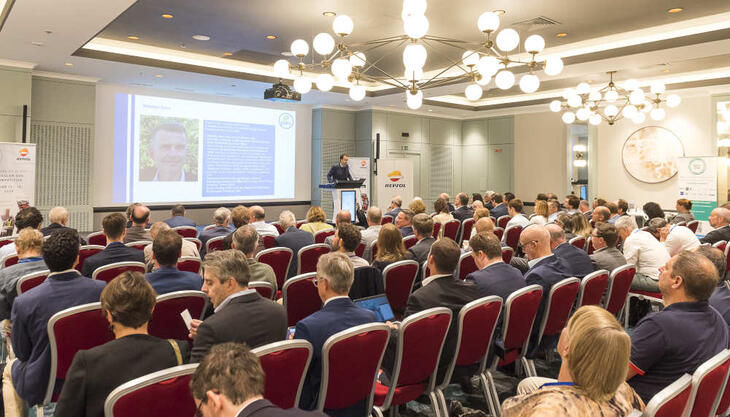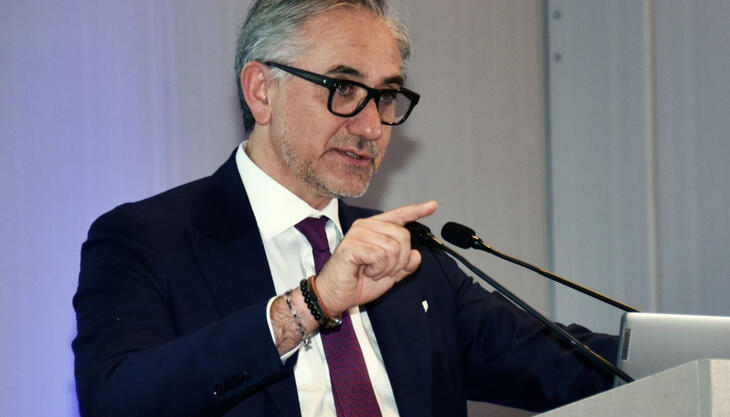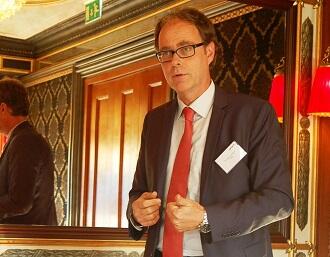
German plastics and rubber machinery manufacturers expect sales to increase by 2 per cent in real terms in the current year with a further 2 per cent rise anticipated for 2017.
“Back in October 2015 the association’s forecast pointed to sales in 2016 remaining broadly unchanged from the very promising level seen in 2015,” explained Ulrich Reifenhäuser, chairman of the association VDMA Plastics and Rubber. In 2015 output was up by 4.7 per cent and exports were 1.6 per cent higher. “But business then picked up markedly, prompting the positive forecast for 2016”, Reifenhäuser went on to say.
“Business with EU customers continues to develop well, as it did last year, and North America is gaining momentum again. Germany’s top quality machinery and ability to find solutions are in particularly great demand on these markets”, commented Thorsten Kühmann, managing director of VDMA Plastics and Rubber. “India has bottomed out and there are also positive signs in all the countries of South East Asia. The US tops the sales market rankings, followed by China, Poland and Mexico. Deliveries to Russia were down by a further 15 per cent, but this year may mark the low point”. In the light of this, it is anticipated that sales to customers abroad will probably grow by 1 per cent both this year and next.
German
plastics and rubber machinery exports went to 162 countries around the world in
2015. Although export volumes were slightly ahead of the previous year’s level
(4.7 billion euro), Germany’s share of the rapidly growing world trade in
plastics and rubber machinery declined to 22.2 per cent. “China is catching up
and the gap is narrowing: Chinese suppliers now account for 15.0 per cent of
world exports”, said Ulrich Reifenhäuser.
2015 saw German domestic market growth outstripping that of exports. Unlike the previous year, foreign competitors did not gain from that. After appreciable growth in 2014, imports into Germany remained stuck at the previous year’s level (1.1 billion euro). Austria and Switzerland continue to be the main suppliers, but both saw deliveries decline. However, following on behind them, the US and China sold more machines to German converters than in the previous year.








